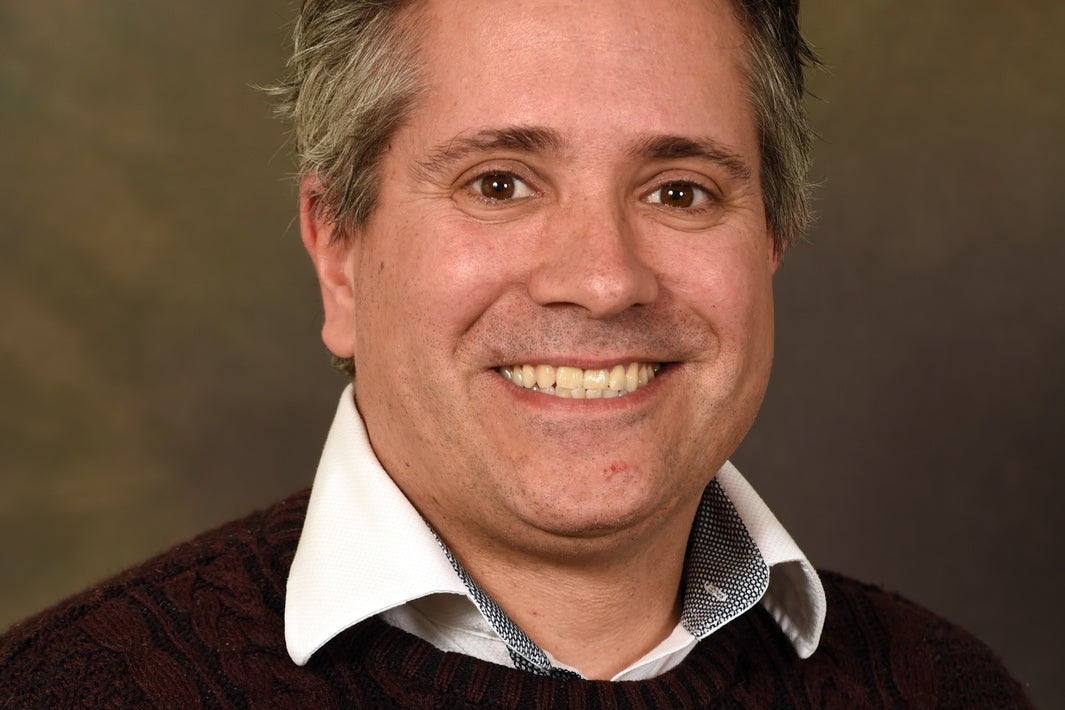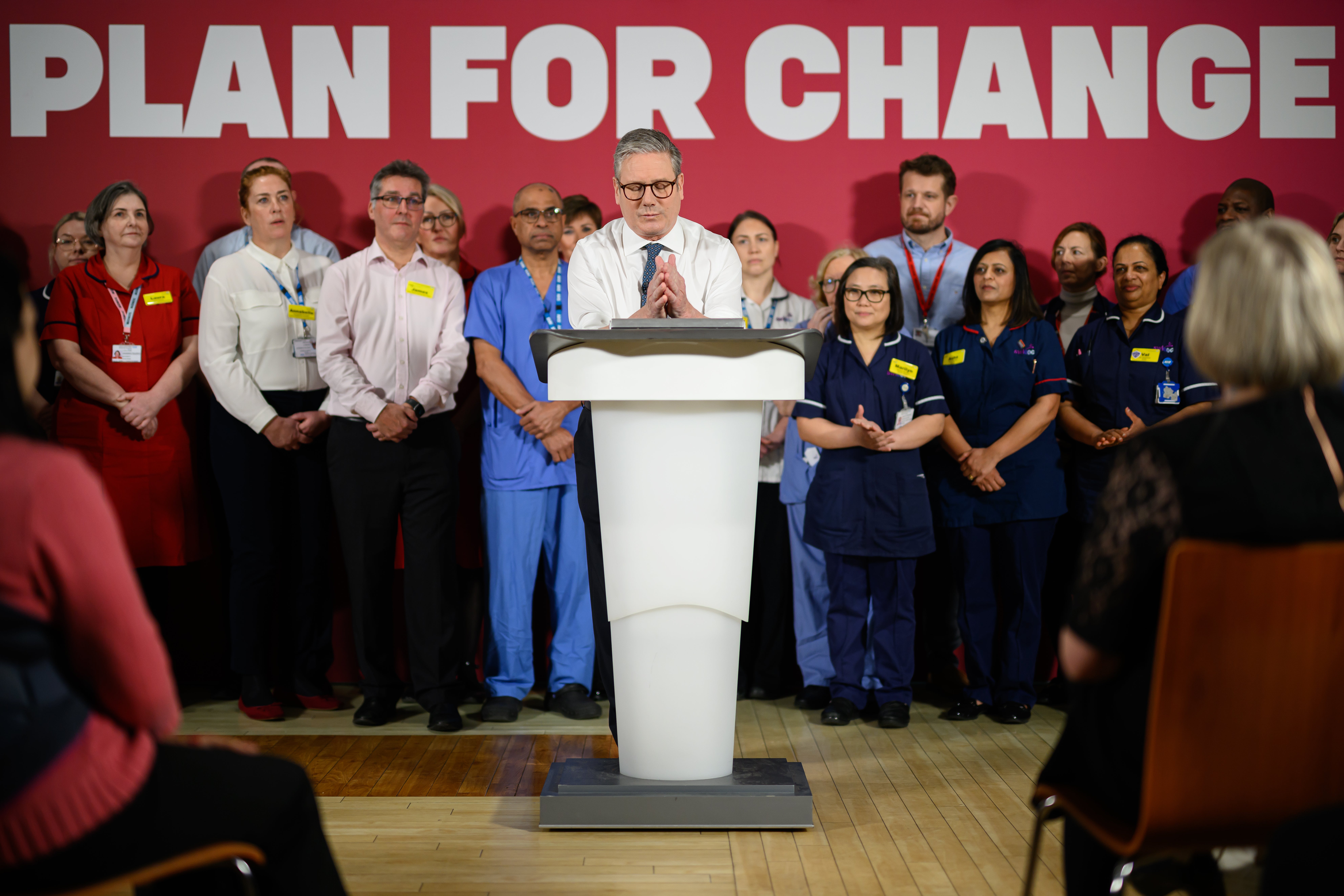
Pharmacies across England can currently treat walk-in patients for a selection of ailments including earaches, sore throats and sinusitis, but a large majority of people want more treatments available at their local chemist.
Pharmacists also want to be able to provide more services, which they say would fit with the government’s NHS reform plan to get more healthcare closer to where people live, but they say an increase in their stagnant funding agreement is essential.
Newly published polling from YouGov shows 78 per cent of people want to access treatments for additional conditions including chest infections and skin problems at the pharmacy.
Nick Kaye, chair of the National Pharmacy Association (NPA), said the success of the programme proved that pharmacy was an integral part of the healthcare system.
“This first year of Pharmacy First is a story of pharmacies delivering significant change for patients at pace and under intense pressure. It's clear that when the government invests in community pharmacy, it can deliver exceptional clinical care for patients and take pressure off the rest of our overstretched health system,” he said.

At the moment, pharmacies receive funding for treating seven conditions including impetigo and uncomplicated UTIs in women through the Pharmacy First programme launched by the previous government a year ago.
Through that programme’s first 12 months, pharmacists have provided more than 2 million consultations and the chief executive of Community Pharmacy England Janet Morrison said this has taken a huge amount of pressure off GPs and the wider NHS.
“Pharmacy First has already proven to be a vital service, helping millions of patients across the country while freeing up GPs to focus on more complex health needs,” she said.
“The public’s overwhelming support for pharmacies offering advice and care shows how much people rely on their local pharmacies for accessible healthcare, making it a lifeline for many.”
Malcolm Harrison, chief executive of the Company Chemists’ Association, estimated that as many as 40 million GP appointments could be freed up if Pharmacy First services were expanded.
“Many patients are also accessing the service outside of typical working hours, during evenings and weekends which is a testament to the accessibility and convenience pharmacies provide,” he said.
Mr Kaye said the programme could be a key part of prime minister Sir Keir Starmer’s plan to provide more medical care closer to patients.
“Fundamentally, I think it's a great idea. I think pharmacists are massively underused as clinicians, and we should be part of delivering that NHS plan,” he said.

“I completely believe in what the government saying about care closer to home, and I completely believe that community pharmacy can be a key player in that.”
But funding is a key issue. The government recently began negotiations with pharmacies over a new funding contract for the current financial year and for 2025/26.
Mr Kaye said a cash injection was vital after years two years of funding cuts followed by several years of a freeze on increases, forcing pharmacists to find efficiencies and in some cases run at a loss to meet increased demand on their services.
About 1,250 pharmacies have shut since 2017, according to analysis by the NPA, and more than half of those closures (700) have occurred since 2022. Just last year, 222 pharmacies closed their doors for good.
While pharmacies received additional payments for adopting Pharmacy First, Mr Kaye, who runs a pharmacy in Cornwall, said the core contract was broken.
“Somebody described Pharmacy First as the perfect icing on a crumbling cake,” he said.
“So if you look at the number of prescription items over the last six years, they have gone up markedly, but we've got the same amount of money to dispense them.”
A Department of Health and Social Care spokesperson said: “Community pharmacy has a vital role to play as we shift the focus of the NHS out of hospitals and into the community, through our 10 Year Health Plan.
“We will work with the sector, making better use of the skills of pharmacists and pharmacy technicians, to build a service fit for the future, and we are currently consulting with Community Pharmacy England regarding funding.”







